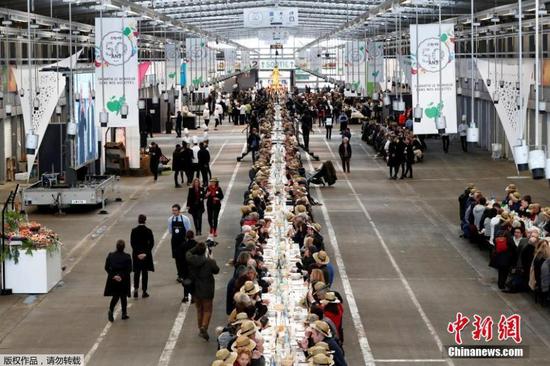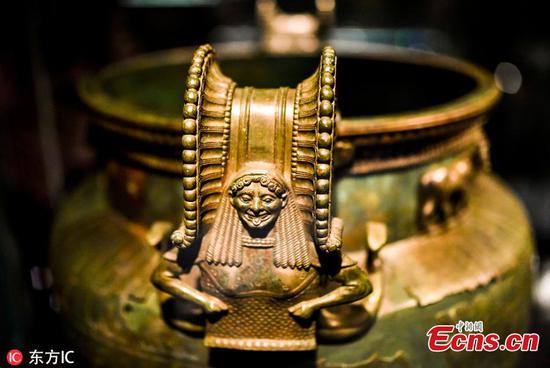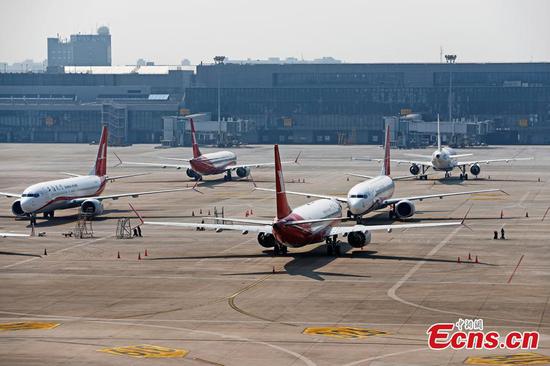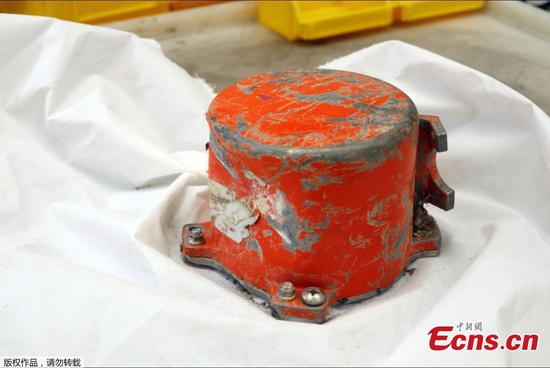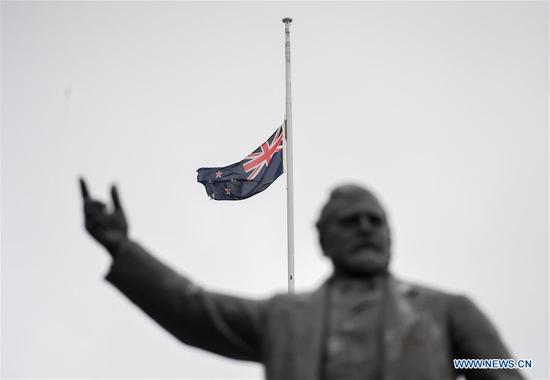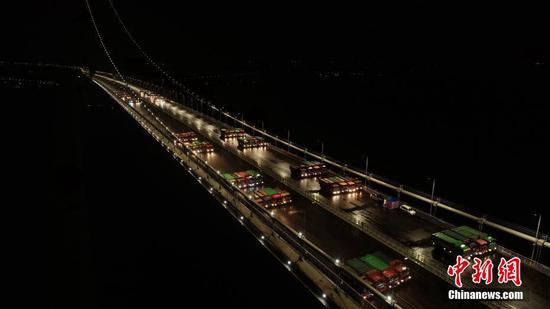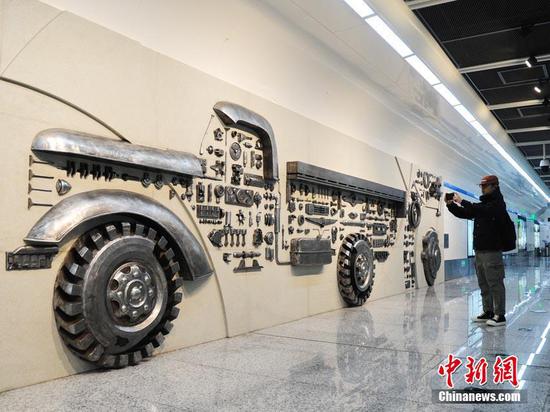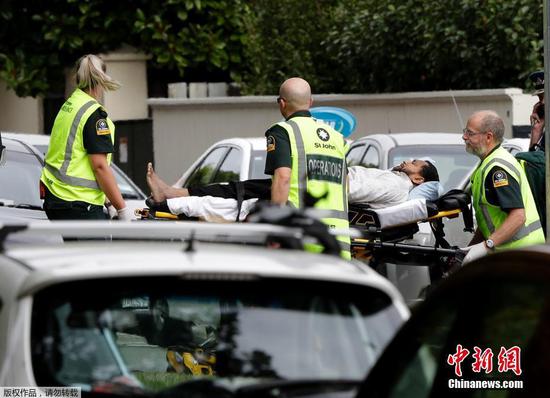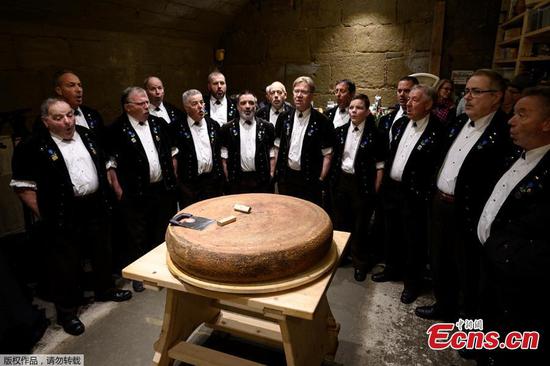Will British politics be the same when the dust settles?
Predictions about what happens next in Britain's Brexit process presently have a shelf life of just a few hours before they are overtaken by the facts.
Almost three years after voters narrowly opted to leave the European Union, the Parliament in Westminster has been locked in a multi-factional squabble over the nature of the UK's exit.
With the usual rules cast aside, the body that likes to think of itself as the Mother of Parliaments is behaving more like a particularly badly behaved nursery class.
One day Brexit will be behind us - although politicians are still arguing over where to find the exit - but the legacy of Parliament's current nervous breakdown is likely to persist. That may involve a radical shake-up of a broadly two-party system that has persisted until now.
Although the UK prides itself on being among the world's oldest democracies - one whose model has been widely adopted elsewhere - the British never bothered with the kind of written constitution they were so keen to impose on their previous colonial subjects.
Hence the perception, in the political meltdown over Brexit, that the 650-member House of Commons is making up the rules as it goes along.
MPs frequently quote from Erskine May, a book drawn up by a clerk of the House in the mid-19th century which is regarded as being the Bible of constitutional precedent, but are quite happy to create new precedents when it suits them.
The emotional intensity of the Brexit debate has meanwhile exacerbated the in-built conflictive nature of British parliamentary proceedings.
In the House of Commons, rival politicians confront each other across the chamber, rather than in the more inclusive semi-circle of their continental counterparts. It is no coincidence that the distance between the two benches, of government and opposition, is just more than two swords' length.
By the bizarre conventions of the House, members are permitted to abuse their rivals in the harshest terms as long as they do not commit the cardinal sin of referring to them by name rather than by the name of the constituency that elected them.
In more normal times, the raucous and conflictive traditions of the House do not much matter. But what is normally a showplace of political theater, somewhat admired by bemused foreign observers, has transformed into political circus.
For most of the post-World War II era, the UK has been governed by one or other of two main parties: the broadly left-of-center Labour Party and the broadly right-of-center Conservative Party.
Those elected commit to supporting the agreed election manifesto of their party, even when they might not individually subscribe to every element of it.
The issue of EU membership, however, has proved so divisive that it has smashed that spirit of consensus within the rival parties. Splits over Brexit have particularly affected the Conservatives, although serious divisions are also apparent among the Labour opposition.
The system under which party discipline is maintained by the aptly named "whips" has broken down under the pressure of Brexit rivalries.
Prime Minister Theresa May, with no guaranteed majority in the divided House, has had to accept having even fellow Cabinet ministers oppose her in the recent plethora of votes. Previously, such a transgression of party discipline would have meant automatic dismissal. But not in this environment.
Some MPs have found themselves so at odds with their party leaderships that they have quit to form an independent group within Parliament.
Until now, Britain has survived and thrived with what many would see as a somewhat antiquated and anachronistic parliamentary system thanks to a broad social consensus that emerged 70 years ago.
Rival post-war parties largely agreed on major issues such as free education and cradle-to-grave healthcare provided by the National Health Service, probably the nearest thing the UK has to a state religion.
That post-war consensus began to break down in the 1980s, a decade that saw former prime minister Margaret Thatcher take on the forces of organized labor. Meantime, nationalist parties have emerged to pursue the interests of their regions of the UK.
The 2016 EU referendum, which on one level was an attempt by then Prime Minister David Cameron to heal the rifts in his own Conservative Party, was dropped into this evolving political mix with all the subtlety of a hand grenade.
Currently, both Parliament and the country at large are irreconcilably divided about how to resolve the issue, raising questions about the very nature of UK style parliamentary democracy.
Ardent Brexit supporters insist that any softening of the terms of departure from the EU would be a betrayable of the democratic "people's will". Fervent Remainers argue that the vote to leave went through by a whisker and its winning number of votes represented barely a third of the entire population.
Eventually, the issue will be resolved - although no one would be bold enough to predict quite when that might be. But the spillover of the Brexit debacle is likely to fuel a serious rethink about whether the UK's venerable parliamentary traditions are still fit for purpose in the 21st century.


























